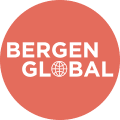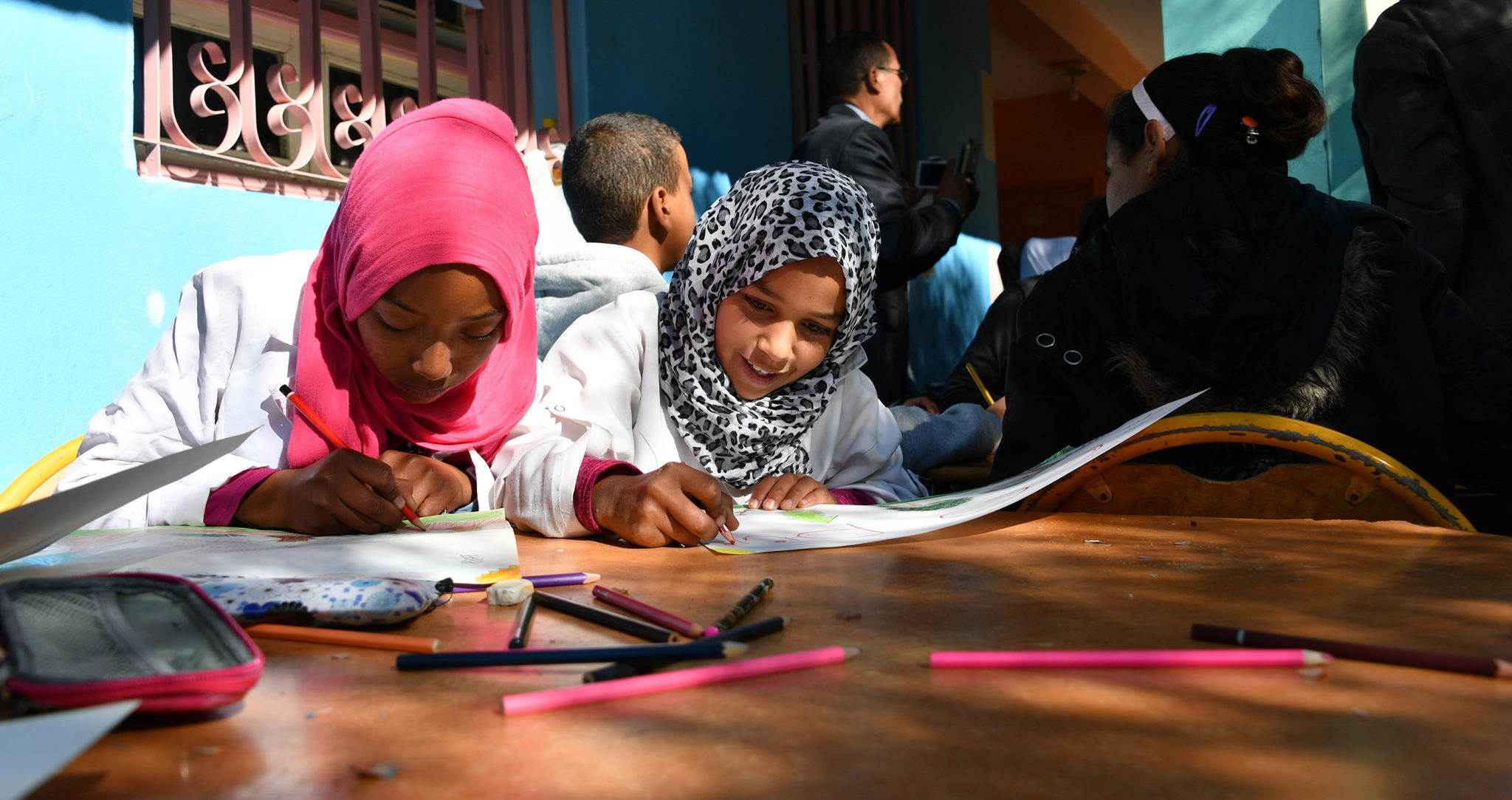


A joint initiative between the University of Bergen
and CMI – Chr. Michelsen Institute
Leaving No One Behind: The Human Development Report and Political Inequality
Astra Bonini (Policy Specialist, UNDP) will present the 2016 Human Development Report, followed by comments from Graham Teskey (Abt Associates), Endre Stiansen (Senior Research and Policy Advisor at the Oslo Governance Centre) and CMI researchers.

Governance and politics are back at the centre of discussions on development. The Sustainable Development Goal #16 promotes effective, accountable and inclusive institutions, while the World Development Report 2016 emphasises the importance of political context and power structures in policy making and implementation. The Human Development Report 2016 focuses on inequality – how development can be ensured for everyone.
What are the potential trade-offs between a politically realist approach and inclusive governance? Join us for a presentation of the Human Development Report 2016, and a debate on how political inequality influences development for all.
Astra Bonini, Policy Specialist, Human Development Report Office (UNDP) will present the 2016 Human Development Report. This will be followed by comments from
Graham Teskey (Abt Associates), who has a long career in development policy (World Bank and DfID) and a current blog (Governance Soapbox),
Endre Stiansen, Senior Research and Policy Advisor at the Oslo Governance Centre and former Special Envoy to the Sudan and South Sudan, and CMI researchers.
One of the barriers to universalism in development identified in the HDR is elite capture of institutions, resulting in a situation where marginalised groups lack agency and voice to influence policy and legislation. A key policy options to ensure that development is reaching all is therefore to empower those left behind. This requires upholding human rights, ensuring access to justice, promoting inclusive political institutions and ensuring accountability.
Still, the HDR 2016 claims that societies may achieve high average capabilities (development in terms of material well-being) without achieving agency (in voice and autonomy). This claim may be linked to arguments forwarded in favour of ‘good enough governance’ (M. Grindle) and ‘working with the grain’ (B. Levy). ‘Good enough governance’ means moving away from the best practice of ‘good governance’, accepting a more nuanced understanding of the evolution of institutions and government capabilities, being explicit about trade-offs and priorities in a world in which all good things cannot be pursued at once. Similar to this, ‘working with the grain’ implies learning about what’s working rather than focusing solely on governance gaps and grounding action in the contextual realities of each country.
‘Working with the grain’ and ‘good enough governance’ perspectives have however been criticised for legitimising a backlash against democratic reforms. As one of the claims in ‘Working with the grain’ is that ‘authoritarian (‘dominant’) regimes may progress more rapidly on bureaucratic effectiveness than democratic (‘competitive’> ones, this may be interpreted as a defence in favour developmental autocrats, in a sense favouring the upholding of political inequality for the sake of development. A question that may be asked is whether this approach actually empower those left behind. While the HDR’s emphasis of leaving no one behind entails equality and inclusion of marginalised groups, a ‘working with the grain’ approach may imply that it is first of all the elites who should determine the pathways to development.

